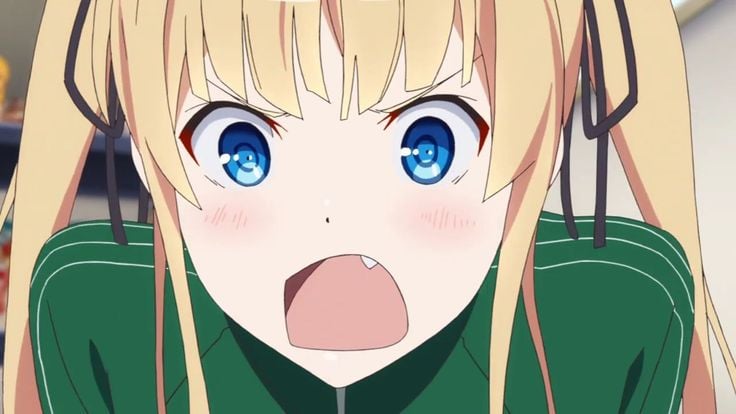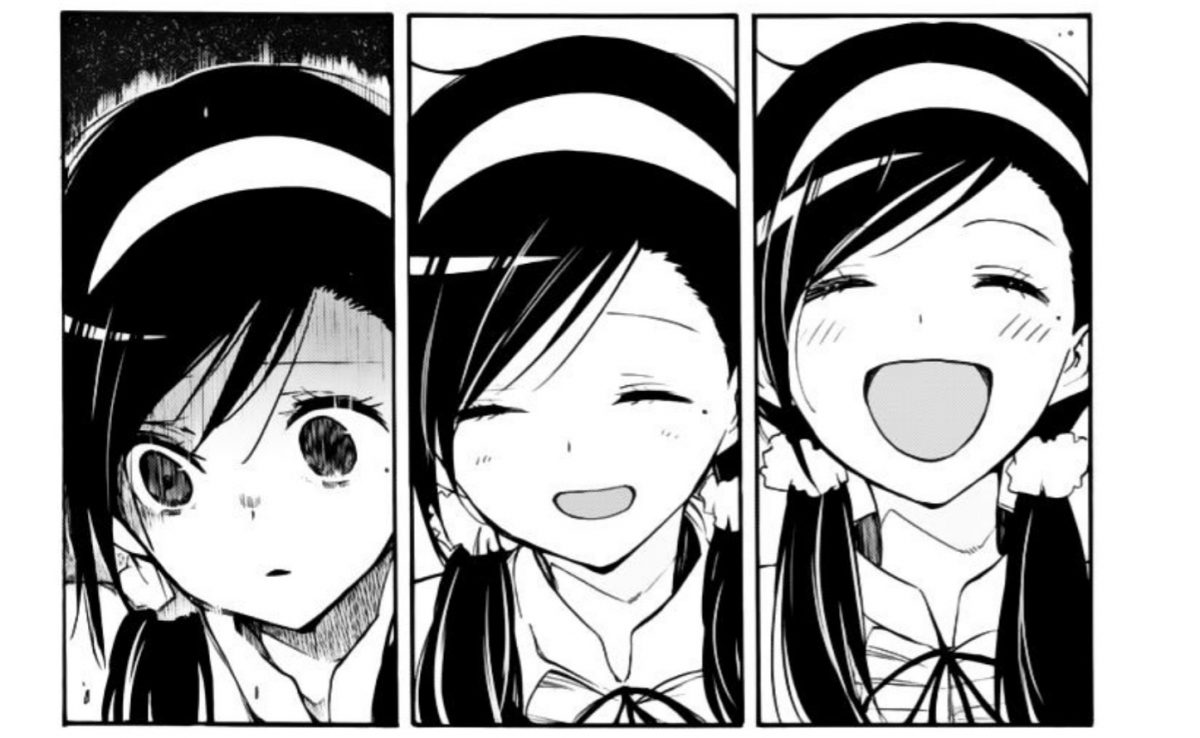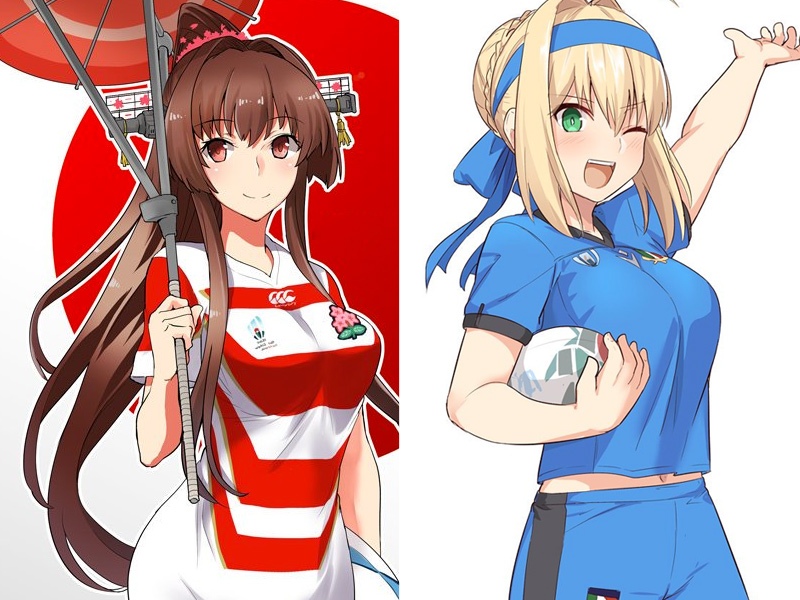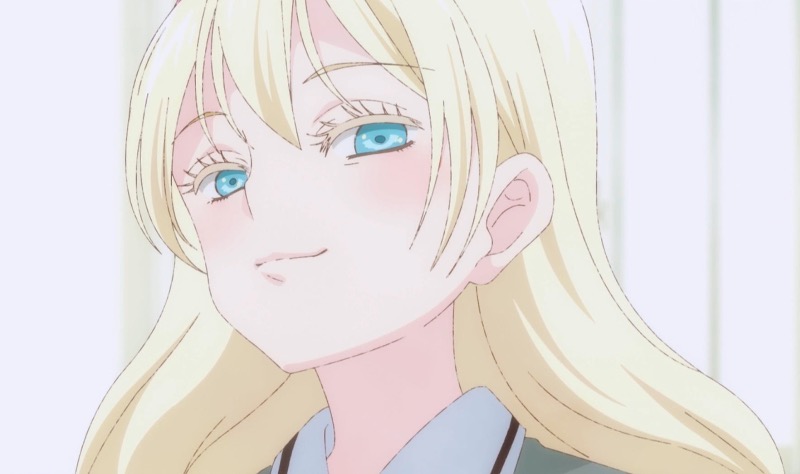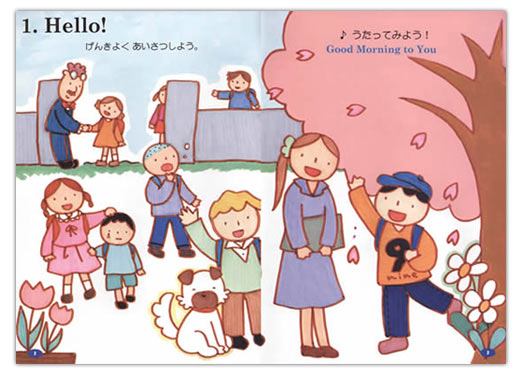When I arrived in Japan, one of the concepts I had to get used to was joshiki (pronounced joe-sh’ki), a word meaning “common sense” which is quite important in a homogeneous country like this one. Joshiki is the list of things that every Japanese person knows unconsciously, but which are totally alien to foreigners since we didn’t grow up here. In Japan it’s joshiki that socks are never placed on the dining room table, even clean ones — since they’re associated with the feet they’re “dirty” even if they’ve just been washed. Similarly, washing dirty shoes in the family washing machine would supposedly require buying a new one, so strong is the Japanese association with dirt and feet. People have been separating trash into complex categories for so long it’s second nature to them, but I still screw up no matter how hard I try. Another example of this “universal common sense” that poor gaijin can’t easily get in sync with is teikyubi, a set day of the week when restaurants or retail stores will be closed to enable the staff to have a day off. No matter how long I live in Japan, the day I make a special trip to my favorite ramen shop will be the day it’s closed.
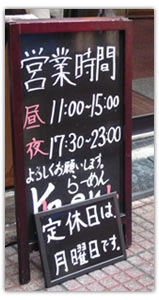
A sign informing customers that the store is closed on Monday.



